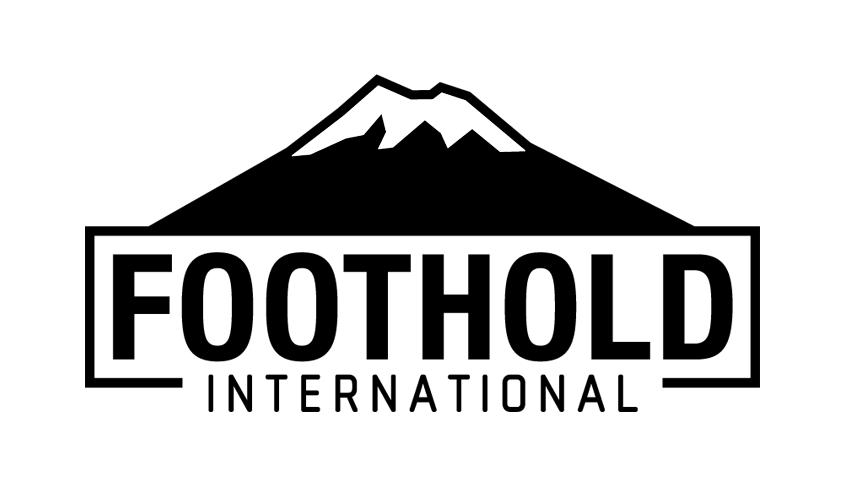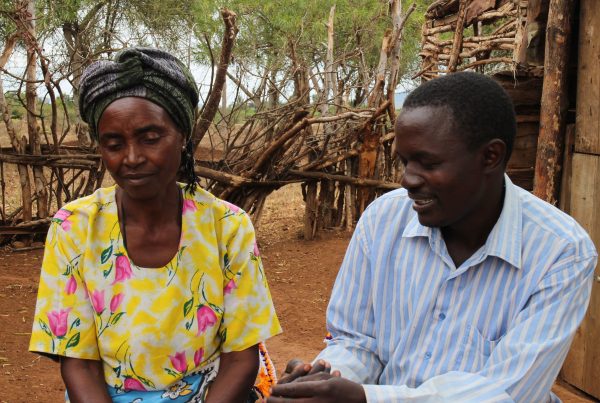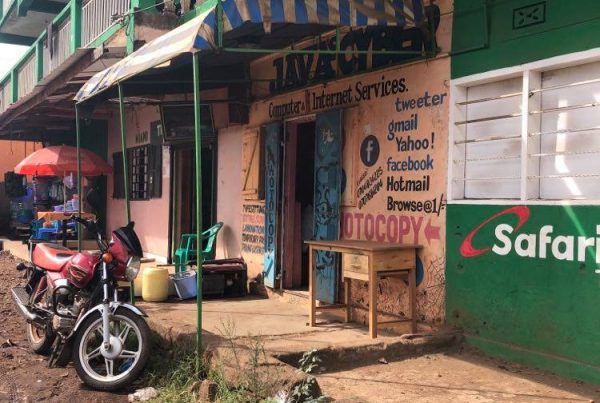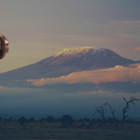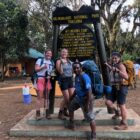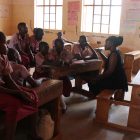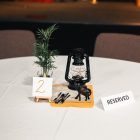MHM education is substandard or non-existent in many developing countries. This is primarily because menstruation is considered taboo or unclean and is not discussed. In some cultures, monthly periods have been labeled “The Week of Shame,” requiring women and girls to leave the home to stay in makeshift shelters until they are “clean.”
Access to feminine hygiene products is also an issue in Kenya. Many families cannot afford the disposable products in stores, resulting in the use of alternative materials such as strips of cloth, or even mattress stuffing. These alternatives can cause severe infections, which many result in infertility or death. Governments and humanitarian organizations have attempted to provide feminine hygiene products for schools, yet these programs are all too often inconsistent or short-lived.
